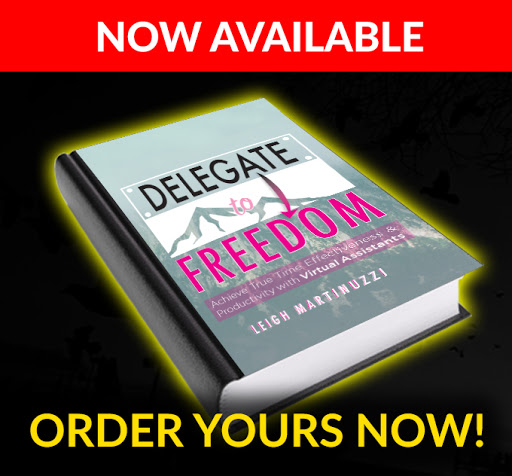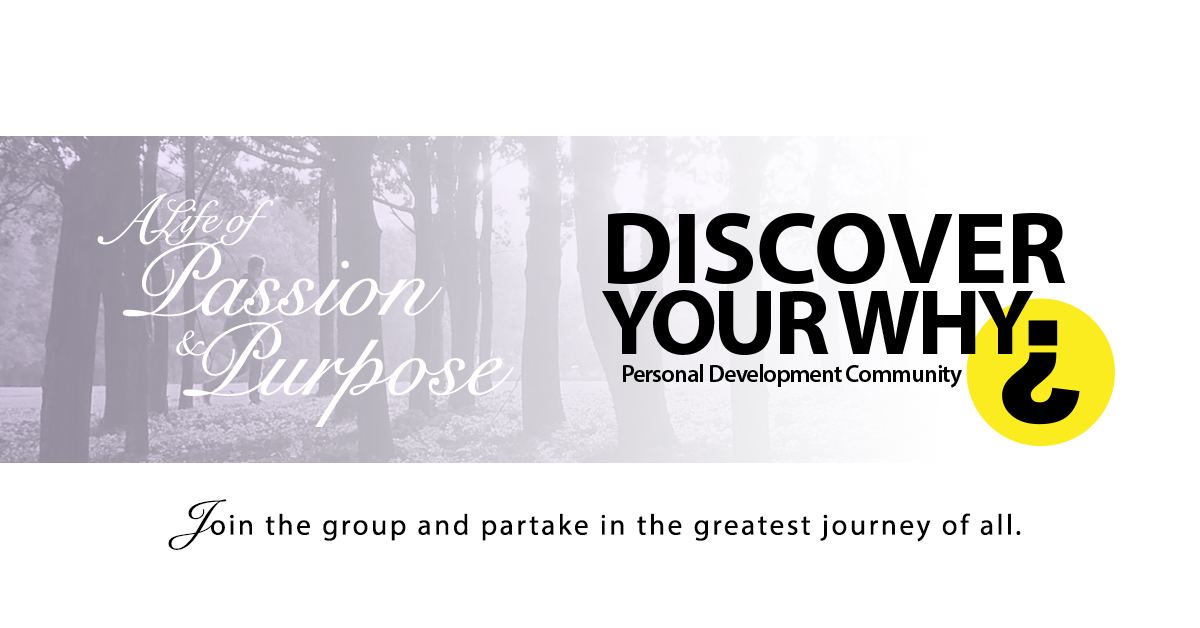
Patrick Forsyth’s Take on Time Management, Speaking and Writing
“There is an old saying that if you don’t know where you are going any road will do…”
In this episode I discuss thoughts from Patrick Forsyth on Time Management, Effective Speaking and Writing, Sales and Negotiation. Unable to speak with Patrick online I did the best next thing – provided some questions for him to answer that could help us all.
Patrick Forsyth’s work has spanned many industries, and countries. He has worked in most countries in continental Europe, including Eastern Europe and also works regularly in South East Asia. He has has written over 100 titles and has books translated into 24 different languages.
His work also includes a plethora of specialities and advice to share that currently he uses to inspire organisations and individuals over a diverse range of topics.
Below are his answers to the questions I put forth plus the additional questions that I would typically ask all guests that come on my show. Enjoy this one and take out the GOLD. Until next time, peace, passion and purpose.
On Time Management
1. Actively do it: I think it was the writer G K Chesterton who said, of Christianity, that it was not that it had been tried and found wanting, rather that it had been found difficult and therefore not tried. Time management is similar. It is all too easy to feel that making things better is impossible and give up on it. But it can be done, albeit not perfectly, and well used can certainly increase productivity markedly.
2. Review regularly: what needs to be done by most of us changes as one watches. Thus effective time management must be considered regularly – for most of us that means ten minutes regularly every day to revise your plan, make notes in writing and look ahead. Alongside this if elements of good practice can be instilled as habits that helps enormously (and maybe bad habits broken).
3. Priorities: perhaps the most important thing is to identify and focus on priorities (then reflected in how time is spent – as in No 2 here.). It helps to keep the number of genuine priorities manageable, recognise you can only do so much (if your job has a creative or developmental element to it you will, by definition, never finish your “to-do” list) and also to accept that time management has no single magic formula – it is getting many details working well that makes it work effectively
4. Avoid distraction: it is very easy to be distracted and end up fire-fighting (at worst jumping from dealing with one crisis to another); again habit helps, also a willingness to say “No” and not get involved in the wrong things.
5. Deal with major issues: despite what was said in Number 3. Some aspects of corporate life are apt to interfere with good time management disproportionately. Meetings make a good example – when did you last come out of one muttering “That was a complete waste of time”? They need to be well chaired, and have some rules (e.g. a starting time set and also a planned finishing time, one person speaks at a time and whoever is in the Chair decides who).
On Writing
1. Business writing is not a chore: it’s an opportunity. How you express yourself can make a powerful difference to the way you come across, your profile and your success in, say, making a persuasive case.
2. Learn and apply the basics: grammar, syntax, punctuation and spelling all matter, well used they help you express yourself clearly and get your message across. Poorly used they make the writer look uncaring and ineffective. I would link to this that you must check what you write carefully (and leave time to do so).
3. Write using a systematic approach: this implies too much to list here, but starts with thinking – planning – and separates thinking through what you will say (content) and how you will express it (to make writing more manageable).
4. Avoid “business-speak”: that includes jargon, abbreviations, clichés and gobbledegook; clarity is always important and if what you write is sensible it will not need propping up with false attempts to make it seem “clever” or “important”.
5. Edit: practically no one writes perfect text in one go: make time to read it over and amend as much as necessary to get it to do the job you want. Practice will speed up the process.
On Sales and Negotiation
1. Define it right: selling is not something you “do to people”, effective selling has been well described as helping people to buy (or agree in terms of negotiation); see it from others viewpoint and deploy techniques accordingly.
2. Lead the process: but make others see your doing so as helpful and useful and be sure not to come over as pushy (or desperate).
3. Monitor progress: and do so with empathy. It is not for you to decide how fast to go or when to move on; you should decide this by reading what the other person is feeling.
4. Describe things in their terms: this is the old idea of selling the sizzle not the steak (the technique of correctly identifying and using the benefits and features of what is being sold – and leading with the benefits).
5. Be persistent: this is a state of mind and is invaluable (in the world of writing it is said that there is one word appropriate to describe a writer with no persistence – and it’s unpublished).
On speaking and communication
1. Prepare: any communication, especially something formal like a speech or presentation, needs some thought. Make time for it and do it thoroughly, it pays dividends. (It was Mark Twain who said: It usually takes me two weeks to prepare a good impromptu speech. That contains a good lesson). The what and how mentioned in writing are important here too.
2. Have a clear structure: at its simplest this means a beginning, a middle and an end, but greater complexity is necessary and each point covered could have those three parts. Avoid anyone listening saying to themselves I can’t follow this, where’s it going?
3. Learn, try and practice techniques: there are many tricks of the trade and they are worth some study. For instance, pace is important (many a new presenter goes too fast), and a dramatic pause is useful (but the first time you do it you will almost certainly make it too short as the time seems – to you – to go on forever).
4. Always focus on the audience: they are the important ones, but do not fear them, they want it to go well, they want to understand, make that easy for them and they will give you their attention.
5. PowerPoint: beware: the phrase “death by PowerPoint” has gone into the language and it is so often so badly used. No one wants to listen to a presenter read overlong sentences from a slide overburdened with text as they stand looking at a screen with their backs to the audience and speak far slower than the group can read in their heads. The hazards are legion, but use it well and people will love you – this is so important at differentiating you, I could write a book about it (Oh, actually I have! It’s called The PowerPoint Detox and is published by Kogan Page).
Do you have any rituals and routines that you can attribute to live a life of success?
I am lucky to sleep well (and make a point of keeping regular hours to help that). Otherwise I reckon you need a certain discipline – you have to think things through, put in the hours (at the right time) and address how things can be made to work (public speaking is a good example of this)
If you could give your 20-year-old self any advice what would that be?
With hindsight: Things will get better, and you can change things and achieve more than you think and different things too
What does success mean to you?
Success seems to me to be most concerned with creating a way of life with which you are comfortable and happy (ideally by working at something you enjoy and get satisfaction from). This implies a “comfortable” level of income, but overall the way of life is probably more important than an unrestrained rush for riches. For many, including me, this means right for family too
What is your number one productivity advice? To quote: never confuse activity with achievement: identify and address priorities, be realistic and focus on what must be done (and the best way to do it) even if it is not the “easiest” way.
What is the greatest personal transformation thought, tip, recommendation for the audience?
Not quite sure what is meant by “personal transformation”. But one thing I found recently is both true and has profound implications. When my wife died (a couple of years ago) someone said to me something like “Make no mistake, they say time is a great healer. It’s not. The only things that will change anything are the attitudes you adopt and the action you take.” This certainly helped and, thinking about it, it is pretty good “life advice”.
Quick round questions
Favourite food?
Something simple and Thai: Stir fried chicken or prawn, rice and vegetables
Favourite leisure activity?
Travel (and reading and writing)
Favourite book?
The First Fifteen Lives of Harry August
by Claire North
Successful Time Management (Creating Success)
by Patrick Forsyth
How to Write Reports and Proposals (Creating Success)
by Patrick Forsyth
100 Great Sales Ideas: From Leading Companies Around the World (101 . . . Series)
by Patrick Forsyth
100 Great Presentation Ideas : From successful managers and companies around the world (100 Great Ideas)
by Patrick Forsyth
What is your favourite quote?
“The one serious conviction that a man should have is that nothing is to be taken too seriously” Samuel Butler
“It’s what you learn after you know it all that counts” John Wooden
The name of the show is all about living a life with passion and purpose, what does that mean to you?
For me I think it means avoiding dull routine and repetition, accepting (seeking?) new challenges, being optimistic and recognising that is perhaps people more than anything else that can make life special (and thus how you treat them and relate to them is important). If you avoid getting into a position where you can look back and say to yourself something that begins with the words “If only I had…” that is good too
You can find our more about Patrick by visiting his website here.
FIND YOUR HIDDEN WHY with THE HIDDEN WHY (THW)
BUILD YOUR LIFE AROUND YOUR PASSION AND LIVE WITH PURPOSE
Sign up for free below and receive cool stuff from me each week + Plus a free copy of “The Four Pillars of Success”
In my weekly emails you will receive ideas, thoughts, learning’s and inspiration on:
- How to design a life that you want and live by your terms
- How to live a life with passion & purpose
- Methods, strategies, & techniques on life hacks
- Messages on how to better live your life
- We will also keep you up to date with fantastic interviews from THW podcast













Leave a Reply